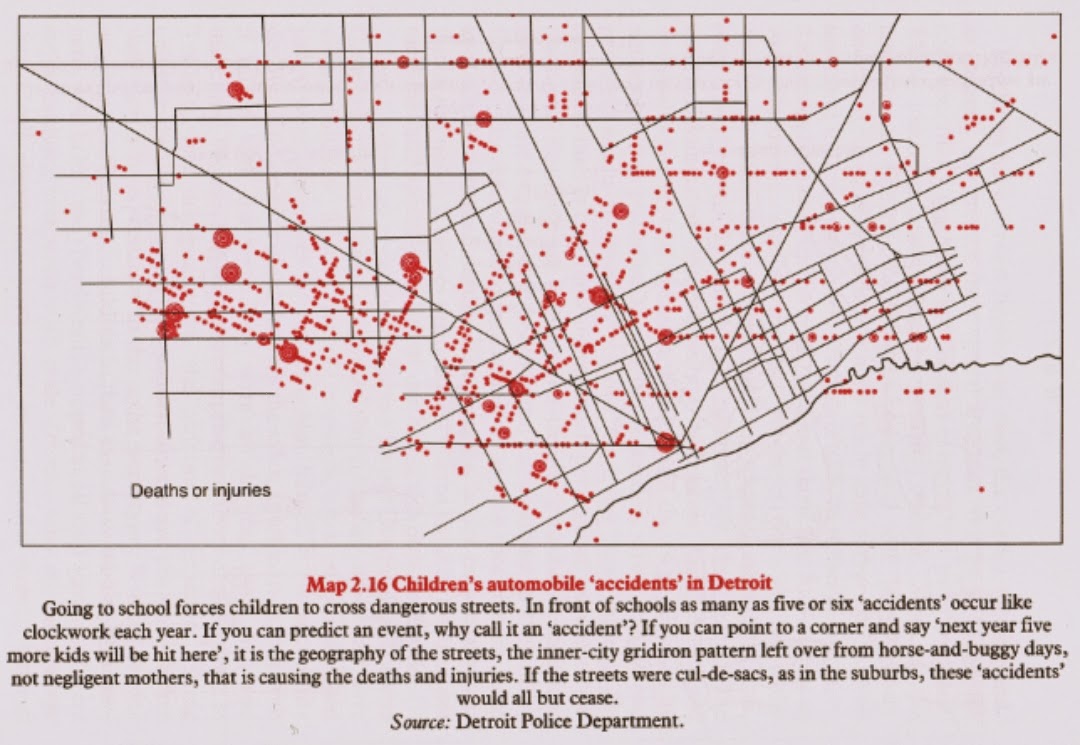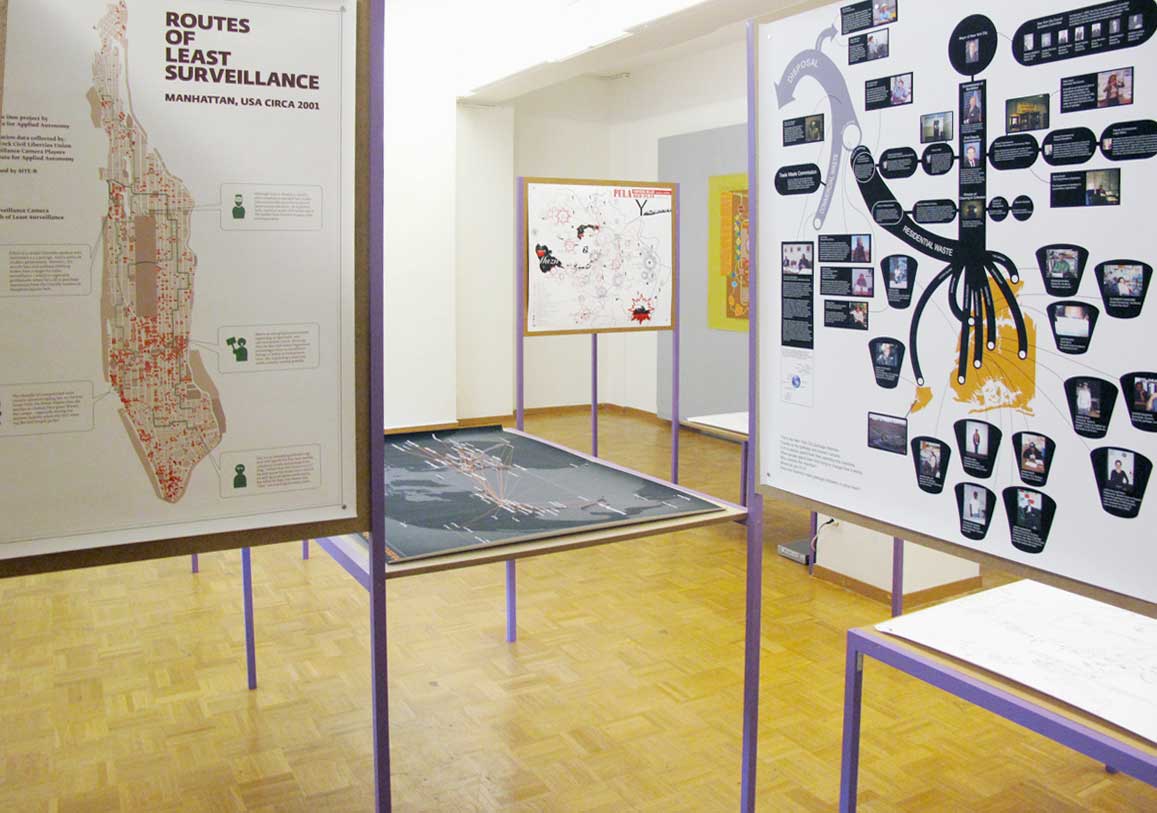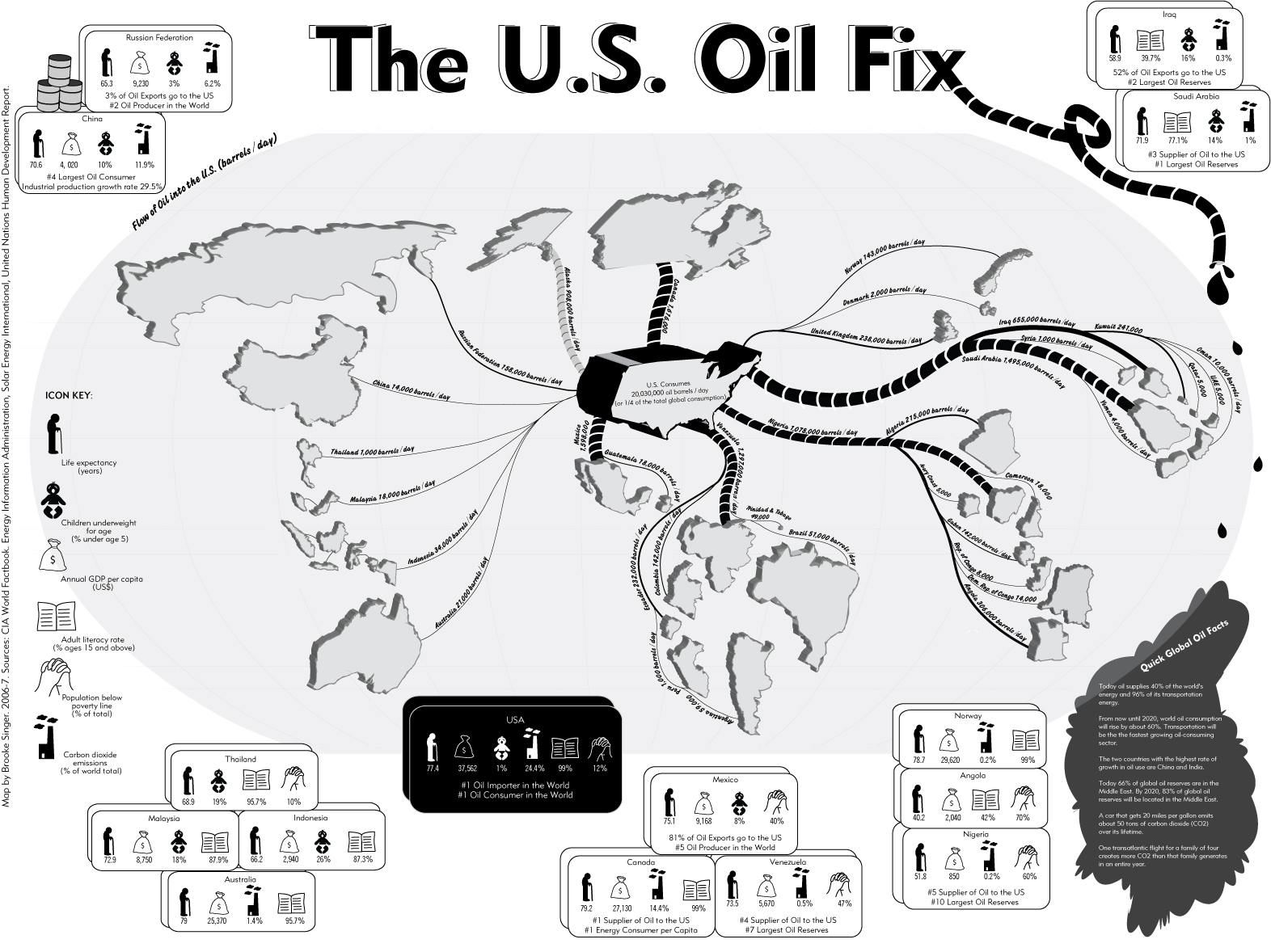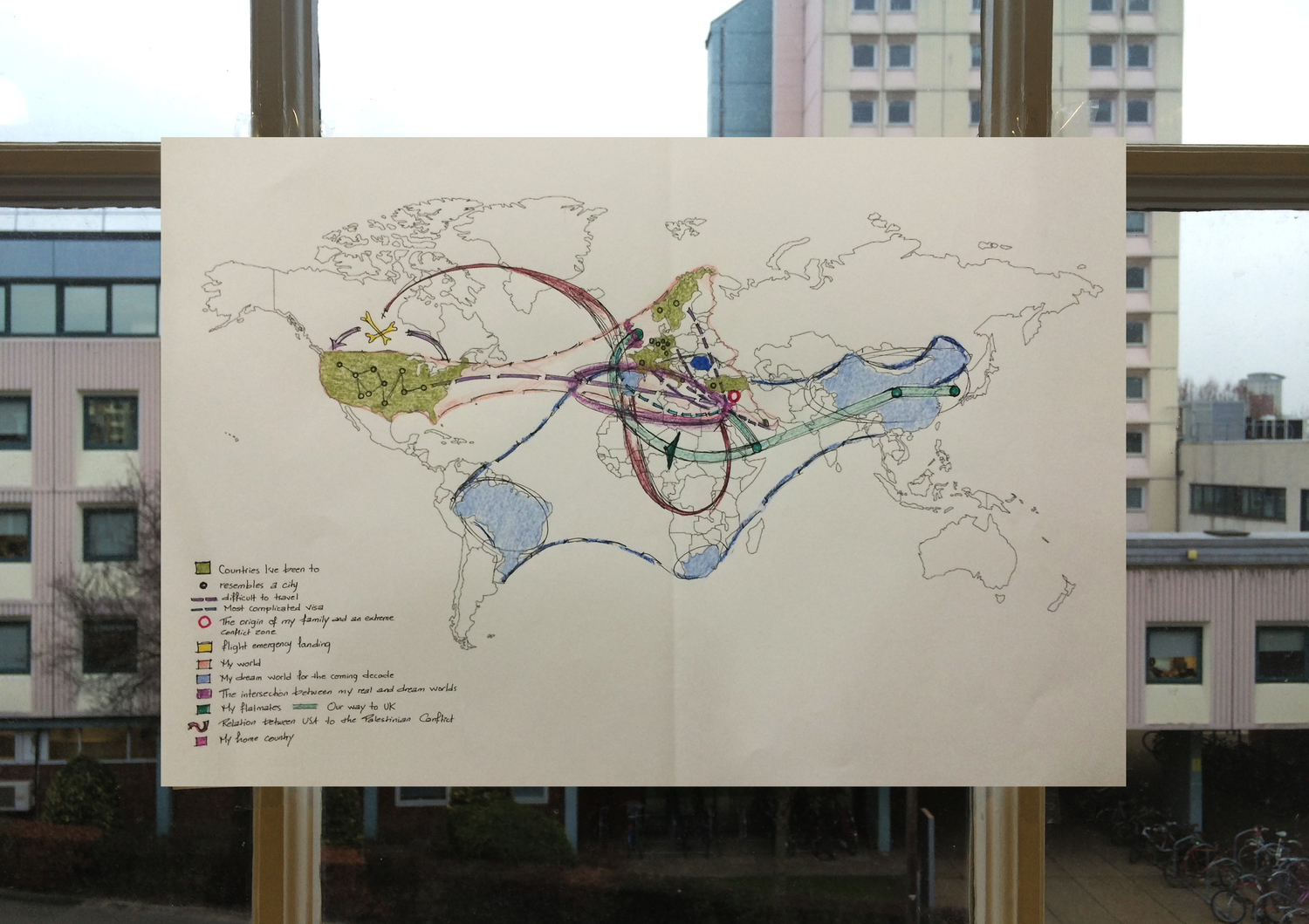
Galería de An Atlas of Radical Cartography 8
An Atlas of Radical Cartography makes an important contribution to a growing cultural movement that traverses the boundaries between art, cartography, geography and activism. It pairs writers with artists, architects, designers and collectives to address the role of the map as political agent (rather than neutral document). Ten mapping projects dealing with social and political issues such as.

Radical Cartography All kinds of amazing maps in a staggering number of topics by Bill Rankin
RADICAL CARTOGRAPHY Pedro Alvares Cabral and Dom Vasco de Gama. The disappearance of the map, considered to be a state secret, is experienced as a genuine. published in "An Atlas of Radical Cartography", Journal of Aesthetics and Protest Press, 2007. PHILIPPE REKACEWICZ SHIFTS IN MAPPING. 216 00 00 05 05 10 10 15 15 25 25 30 30 35 35 40.

Galería de An Atlas of Radical Cartography 7
Efforts of radical activists around the globe invoke Situationists' methods (eg d´etournement) to reconceptualize space from a neoliberal grid into a realm of satire, empowerment or simply, possibility. The editors of An Atlas of Radical Cartography contribute to this milieu with their book of essays and full-color maps.

0047 Radical Cartography
An Atlas of Radical Cartography is a collection of 10 maps and 10 essays about social issues from globalization to garbage; surveillance to extraordinary rendition; statelessness to visibility; deportation to migration. The map is inherently political-- and the contributions to this book wear their politics on their sleeves. An Atlas of Radical Cartography provides a critical foundation for an.

Galería de An Atlas of Radical Cartography 5
An Atlas of Radical Cartography makes an important contribution to a growing cultural movement that traverses the boundaries between art, cartography, geography and activism. It pairs writers with artists, architects, designers and collectives to address the role of the map as political agent (rather than neutral document). Ten mapping projects.

0047 Radical Cartography
ISBN: 978-0-9791377-2-3 Editors: Lize Mogel & Alexis Bhagat Publishers: Journal of Aesthetics and Protest Press, Los Angeles www.joaap.org Distribution: DAP

Galería de An Atlas of Radical Cartography 3
An Atlas of Radical Cartography is an 160-page book containing ten essays and ten maps displaying social issues ranging from globalisation to garbage; surveillance to extraordinary rendition; statelessness to visibility, and deportation to migration. They are all designed to provoke new understandings of networks and representations of power.

Galería de An Atlas of Radical Cartography 7
ISBN: 978-0-9791377-2-3. An Atlas of Radical Cartography is a collection of 10 maps and 10 essays about social issues from globalization to garbage; surveillance to extraordinary rendition; statelessness to visibility; deportation to migration. The map is inherently political-- and the contributions to this book wear their politics on their.

An Atlas of Radical Cartography Half Letter Press
An Atlas of Radical Cartography is an amalgamation of several different ideas. It is an experimental primer course in geography, a sampling of spatially oriented trends in contemporary art, a portable mini exhibit and a field guide to ongoing international debates about space and place. The collection of maps/essays starts to differentiate.

(a) biotic design studio Radical Cartography
Efforts of radical activists around the globe invoke Situationists' methods (eg détournement) to reconceptualize space from a neoliberal grid into a realm of satire, empowerment or simply, possibility. The editors of An Atlas of Radical Cartography contribute to this milieu with their book of essays and full-color maps. The two-volume set.

Kooperative für Darstellungspolitik An Atlas of Radical Cartography, Zürich
Book Reviews Jasbir K. Puar, Terrorist Assemblages: Homonationalism in Queer Times. Durham, NC: Duke University Press, 2007. ISBN -8223-4114-X (paperback). If you have ever thought that contemporary American warfare "abroad" was a

0047 Radical Cartography
An Atlas of Radical Cartography is an amalgamation of several different ideas. It is an experimental primer course in geography, a sampling of spatially oriented trends in contemporary art, a portable mini exhibit and a field guide to ongoing international debates about space and place. The collection of maps/essays starts to differentiate.

Pedro Lasch's Latino/a America (2003) appeared in An Atlas of Radical... Download Scientific
15 February-22 March 2009 / Casco HQ Opening & A Mapping Forum Saturday 14 February 17:00 Forum program below. An Atlas of Radical Cartography brings together a number of mapping strategies that traverse areas of practice such as art, design, activism, cartography and geography, focusing on the map's function as a political agent. Conceived and organized by New York-based artists Lize.

Book Review An Atlas of Radical Cartography We Make Money Not Art
An Atlas of Radical Cartography is an exhibition and publication project co-edited/co-curated by myself and Lex Bhagat. We define radical cartography as a practice that uses maps and mapping to promote social change. The publication takes as its central thesis that the map is inherently political. It provides a critical foundation for an area of work that bridges art/design, cartography.

Radical Cartography with Philippe Rekacewicz — Hania Halabi
An Atlas of Radical Cartography makes an important contribution to a growing cultural movement that traverses the boundaries between art, cartography, geography and activism. It pairs writers with artists, architects, designers and collectives to address the role of the map as political agent (rather than neutral document). Ten mapping projects dealing with social and political issues such as.

An Atlas of Radical Cartography IAA Tactical Cartographies Routes of Least Surveillance PDF
Cole, D. G. (2010). An Atlas of Radical Cartography. Cartographic Perspectives, (67), 80-82. https://doi.org/10.14714/CP67.173